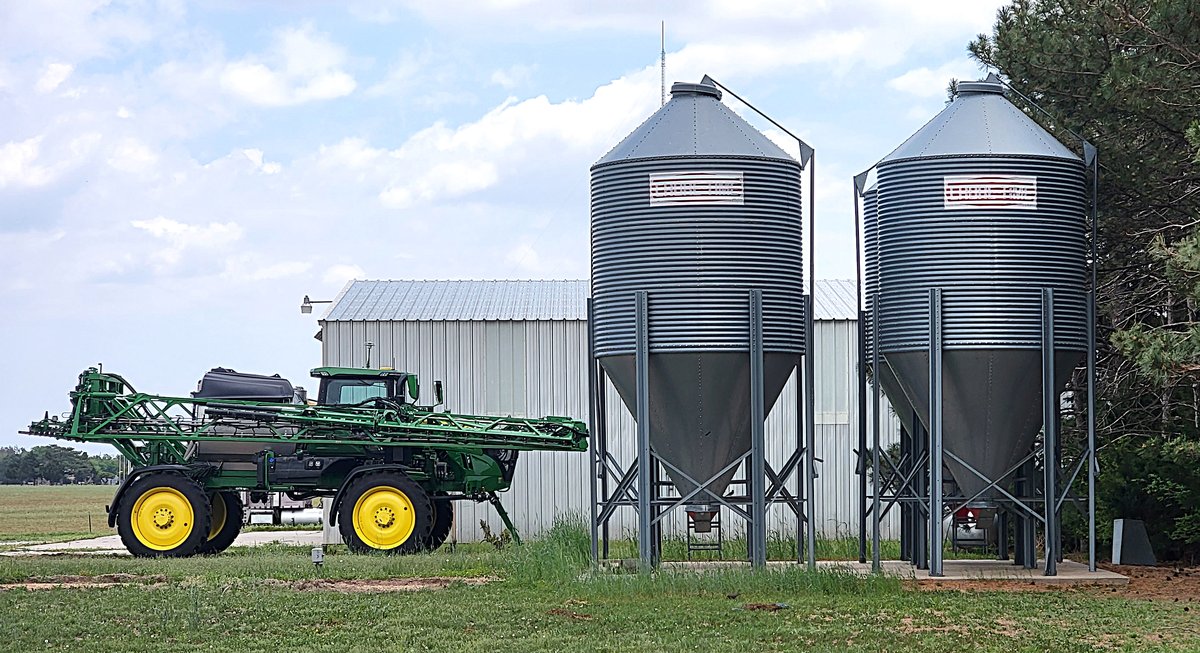In an effort to both make it easier to start a business in rural areas of Barton County and to protect the county’s interests, the County Commission Wednesday morning approved amendments to the zoning regulations and map.
“We’re trying to catch situations where we’re protecting the county, we’re protecting landowners that live near these businesses, and also just making it as easy as we can to set up these businesses in the county,” said Environmental Manager Judy Goreham, who oversees zoning matters.
The county’s zoning regulations Version Two was formally adopted in January of 2013. “And we’ve made two or three small updates to it since then,” she said.
“This is actually a pretty significant change,” she said of Wednesday’s agenda item. “This is going to make things a lot smoother for the applicants, plus provide a safety net for the county.”
For over 20 years, the county has had a provision that if someone wanted to set up a small business out in the county, they would first have to rezone that property to whatever the appropriate district would be. And 99% of the businesses are small “mom and pop shops” or they’re someone on a farmstead who wants to start doing something on the side besides farming.
Last summer, Planning Commission member Mary Anne Stoskopf proposed changing the process to include some additional defined types of businesses. This would eliminate the majority of these rezoning requests.
They would still have to go through the conditional use permit process if that is required, and the commission would have to give final approval.
“But, it provides a safety net for the county because we don’t have spot-zone properties all over the county,” Goreham said. Since that rezoning remains in place, these can be a problem should future owners of these properties want to start a business “we would find undesirable.”
So, the change creates three new districts:
• Agriculture-related business. The definition is sales and or repair of agricultural equipment, machinery and commercial agricultural products. This is a conditionally permitted use that’s in the agriculture district, and does not require rezoning.
An example would be someone wanting to sell agricultural seed and chemicals.
• Agrotourism. This is a use that is permitted, which means it can happen without review. This includes activities conducted on or accessory to a working farm, ranch, vineyard or other agricultural operation “conducted for the enjoyment and or education of visitors, guests or clients to view or enjoy rural farming or ranching activities and or historic cultural or natural attractions.”
Pumpkin patches and corn mazes are examples.
• Small-scale, non agriculture, commercial business. “This is also pretty significant and this should catch pretty much every other kind of small business.”
These would require a conditional-use permit, Gorham said. Should the land change hands, the new owner would have to reapply for a permit.
This is a business operated or maintained by the owner or occupant of the land upon which the activities being conducted. There are two caveats: It must mitigate impacts such as odor, noise, dust, glare, lighting, exhaust, smoke, etc. on any adjacent residence; and the owners must maintain any county state or other required permits.
The outdoor storage or parking of automotive salvage shall not be permitted.





